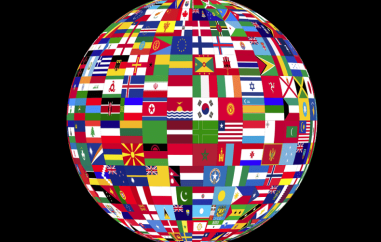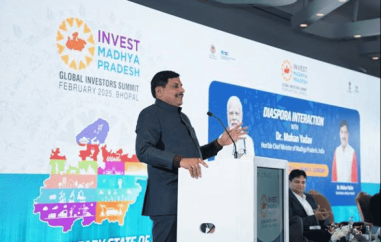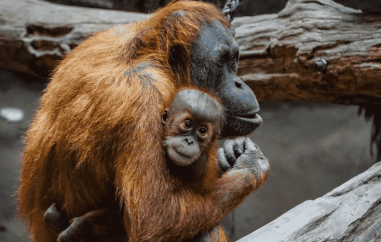Can the G20 Initiative Help Eradicate Poverty for 500 Million People?
The recent G20 summit has ignited discussions about a significant initiative aimed at reducing poverty globally. The initiative, known as the 'Global Alliance Against Hunger and Poverty', was introduced by Brazil and now encompasses 82 countries, the European Union, and the African Union. This collaboration also includes 24 international organizations such as the World Bank and the UN Food and Agriculture Organization (FAO) and 31 non-governmental organizations.
Germany has actively supported this initiative, with its Development Minister merging the previous Alliance for Global Food Security into this new framework. The financial backing appears robust, as the Inter-American Development Bank (IDB) has pledged up to $25 billion to facilitate country-led programs aimed at eradicating poverty and hunger by 2030.
The G20 summit highlighted that global hunger is on the rise due to various factors, including climate change, conflicts, and economic instability. The informal group of G20 nations remains one of the few platforms where representatives from countries with differing interests can engage directly with one another.
Originally established in 2008 in response to economic crises, the G20 has evolved into a forum uniting both developed and emerging economies, including G7 and BRICS nations. The summit's final declaration affirmed that the world produces sufficient food to eliminate hunger, attributing the ongoing issue more to a lack of political will than to resource shortages.
Experts have noted that Brazil's presidency of the G20, which transitions to South Africa soon, has been a success in bringing attention to pressing issues like hunger and poverty that are often overlooked by wealthier nations. However, analysts caution against overly optimistic expectations regarding the outcomes of this initiative.
Current financial flows from developed countries are primarily directed towards defense and energy transition initiatives. Although climate change was addressed in the G20's final statements, it was primarily in general terms without concrete commitments. The leaders reiterated their intention to limit global warming to 1.5 degrees Celsius and committed to increasing climate financing significantly.
Looking ahead, Brazil will host the next major climate conference, COP30, in November 2025, which will provide an opportunity to further this agenda. The G20's upcoming presidency under South Africa is expected to continue the conversation on climate change, albeit with a different focus.
In terms of addressing climate change financing, experts suggest that strategies could be correlated with the rising sovereign debt levels many nations face. A collaborative effort is deemed necessary to address issues such as fair debt restructuring and mobilizing climate finance to achieve inclusive economic growth.
Additionally, Brazil's proposal for a global minimum tax on the wealthiest individuals, which aims to fund both social programs and climate initiatives, may only gain traction in future discussions without immediate implementation. The Brazilian G20 coordinator expressed satisfaction with the progress made thus far, indicating that the concept of taxing the rich has been successfully established as a topic of conversation.
In summary, while the G20's 'Global Alliance Against Hunger and Poverty' presents a promising framework for tackling poverty, the actualization of these goals will require sustained commitment and action from member states. The journey towards eradicating poverty and hunger is fraught with challenges, but the collaborative efforts initiated at the G20 summit mark a critical step forward.










































